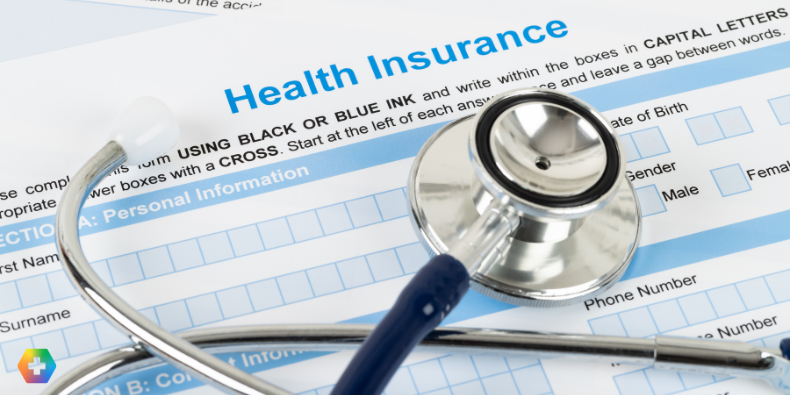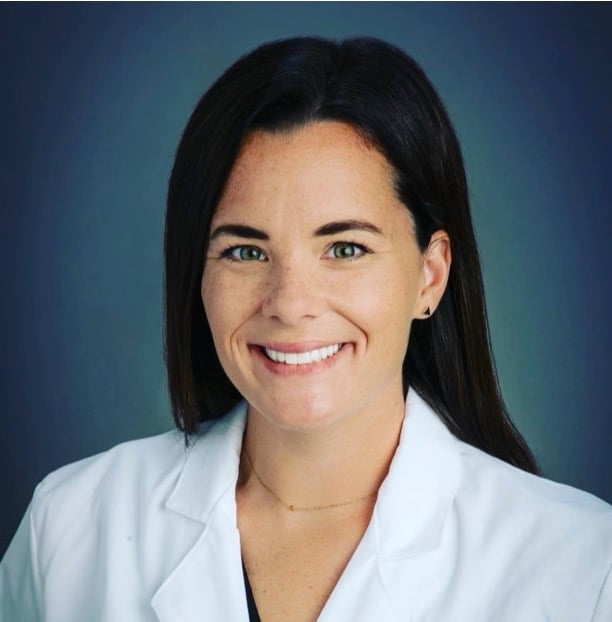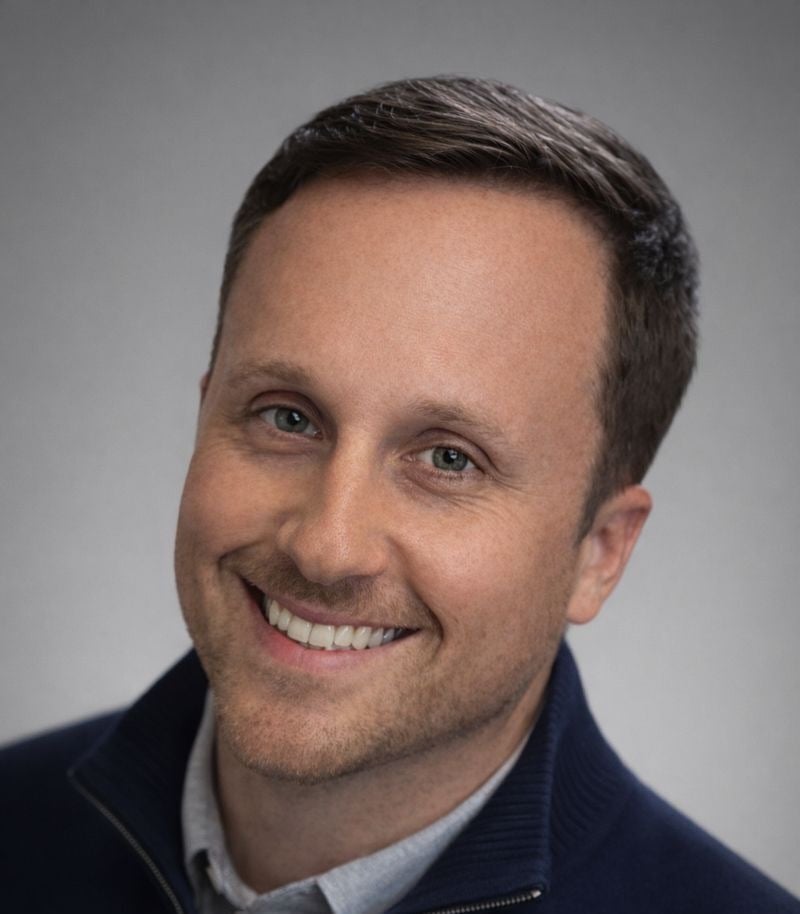
Helping Patients Navigate Health Insurance Challenges: A Clinician’s Guide

Let’s be real: navigating the U.S. healthcare system isn’t just hard for patients—it’s hard for us too. But while we can’t rewrite the rules, we can help patients work within them.
Every day, we see people who are uninsured, underinsured, or unsure what their health insurance actually covers. Many don’t realize they qualify for support through the healthcare insurance marketplace, Medicaid, or other affordable health insurance programs. Others are overwhelmed by confusing terms—private medical insurance, healthcare savings plans, coinsurance, networks, you name it.
Here’s the good news: a bit of guidance from someone they trust (read: you) can go a long way.
Why It Matters
Recent data shows that over 25 million Americans remain uninsured, and millions more are underinsured—individuals covered by a health insurance plan, but are unable to cover the costs of the deductible or copays. That means delayed care, skipped medications, or avoidable ER visits. Additionally, Americans without insurance are more likely to have medical debt compared to those who are insured.
As clinicians, we can’t fix the system overnight, but we can point our patients to real, useful help.
What Can Clinicians Do To Help?
First, start a conversation! Many patients may not voluntarily disclose their insurance status or financial struggles. Open the door with empathetic, nonjudgmental language:
“Healthcare costs can be overwhelming. If you ever have trouble affording care or prescriptions, please let us know—we can help find resources.”
Refer patients to community resources if they are unsure about their coverage or lack of it. Examples of resources include:
-
▪️Healthcare.gov Local Help Finder: Certified navigators can walk them through the healthcare insurance marketplace and help enroll in affordable health insurance or healthcare savings plans.
-
▪️State Medicaid Offices: Many qualify without realizing it.
-
▪️Local nonprofits or social workers: Especially those trained in insurance enrollment.
These organizations can assist with enrolling in Medicaid or CHIP, exploring marketplace coverage, and identifying subsidies or special enrollment periods.
Low- or No-Cost Care Options
For patients with no coverage (stuck between plans), these can be game-changers:
-
▪️HRSA Health Center Finder: Federally Qualified Health Centers (FQHCs) offer primary care on a sliding scale.
-
▪️NAFC Free & Charitable Clinic Locator: The National Association of Free and Charitable Clinics supports hundreds of sites across the country.
-
▪️211.org: A national directory of health and social services, including clinics, food banks, and housing.
Urgent Care Alternatives
Studies show that uninsured patients are more likely to utilize the emergency department for health care, which can put them at risk for high medical bills, especially if the visit is not for a life-threatening condition. Clinicians can help refer uninsured patients to lower-cost options for urgent care services, including:
-
▪️Local county health departments that provide walk-in services.
-
▪️Retail clinics that offer low-cost basic care and may accept cash-pay discounts.
-
▪️Local free clinics or mobile health units
-
▪️Faith-based health ministries
Ask About and Address Medication Cost Concerns
Medication nonadherence due to cost is a widespread issue. Offer patients these solutions:
-
▪️NeedyMeds.org: Comprehensive database of patient assistance programs and discount cards.
-
▪️GoodRx: Provides price comparisons and coupons for local pharmacies.
-
▪️RxAssist: Lists pharmaceutical company-sponsored assistance programs.
-
▪️Major pharmacies like Walmart, Kroger, and Costco offer generics for as low as $4 for a 30-day supply.
The healthcare system isn’t easy to navigate—but that’s exactly where we come in. When patients fall through the cracks, we can help spot what’s missing, offer reliable resources, and connect them to the support they need beyond our exam room walls.
Because sometimes, all it takes is one honest conversation or a helpful referral to steer someone away from delayed care and toward better health. Compassion and know-how really do make a difference.
Quick Reference Guide for Clinicians
|
Need |
Resource |
|
Find low-cost clinics |
|
|
Get insurance help |
|
|
Access cheap meds |
|
|
Social services |
Practice-Changing Education
Experience education that goes beyond theory. Explore Hippo Education’s offerings below.

